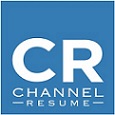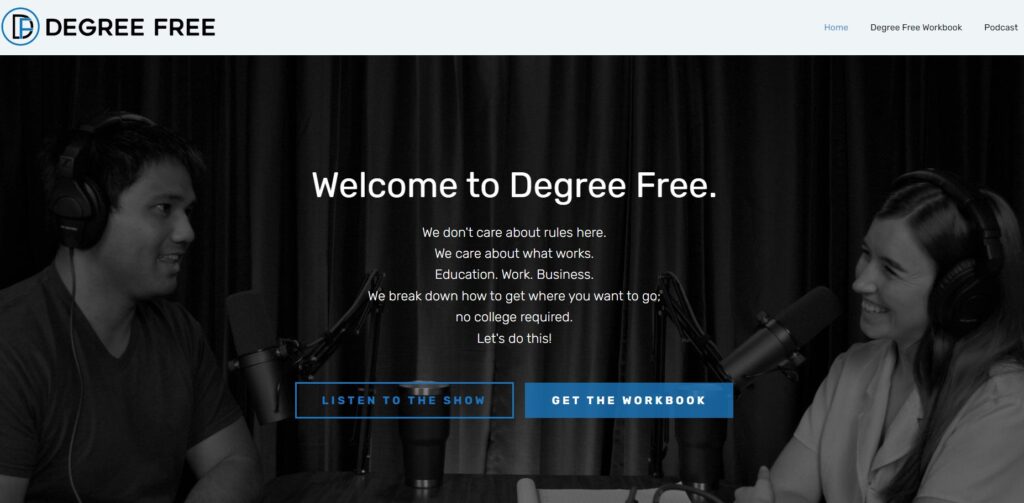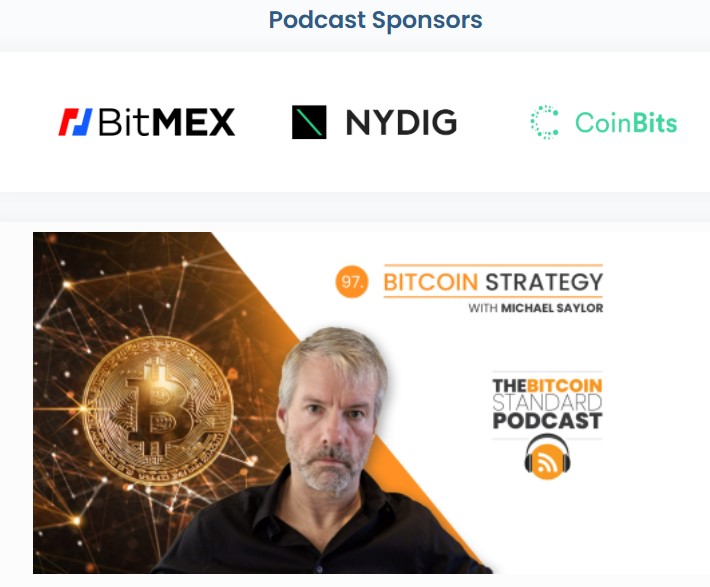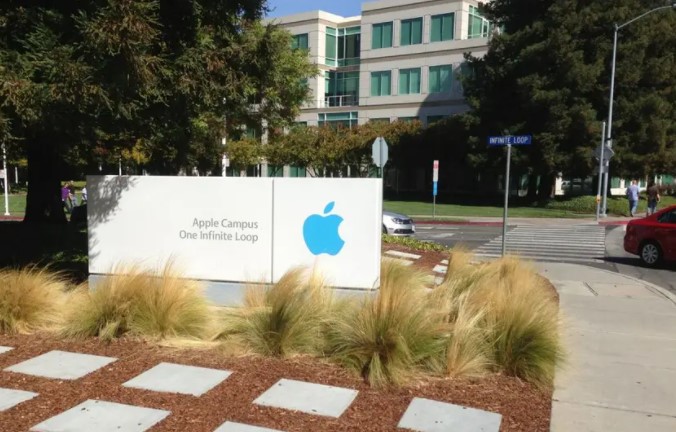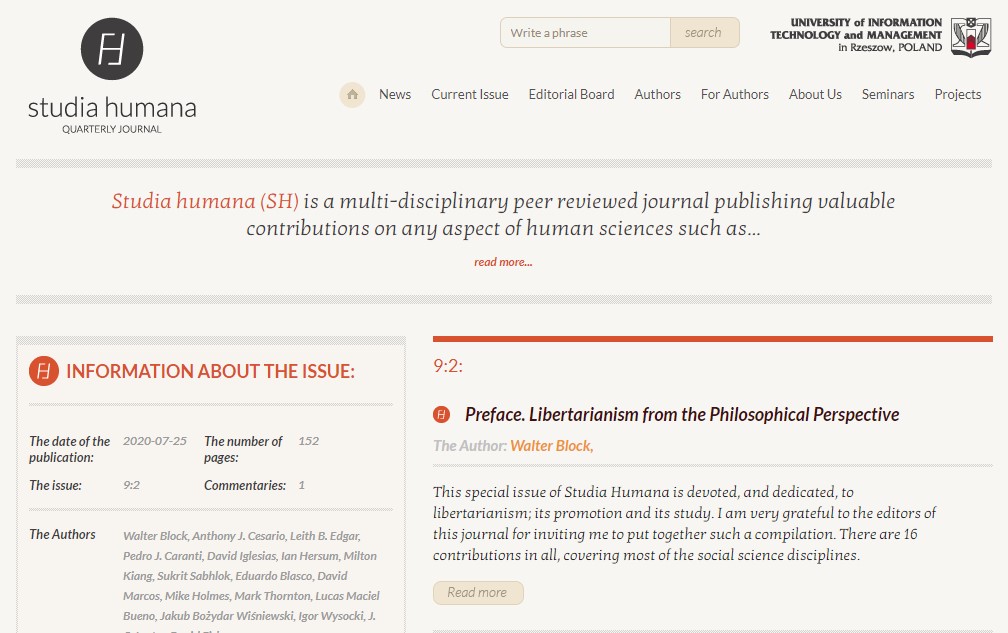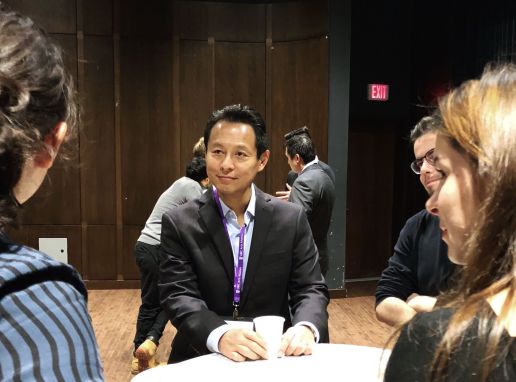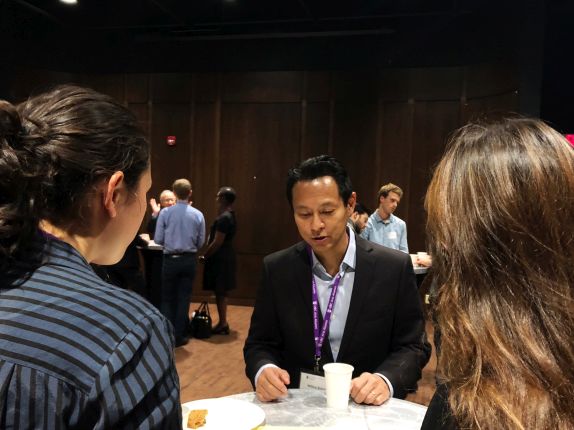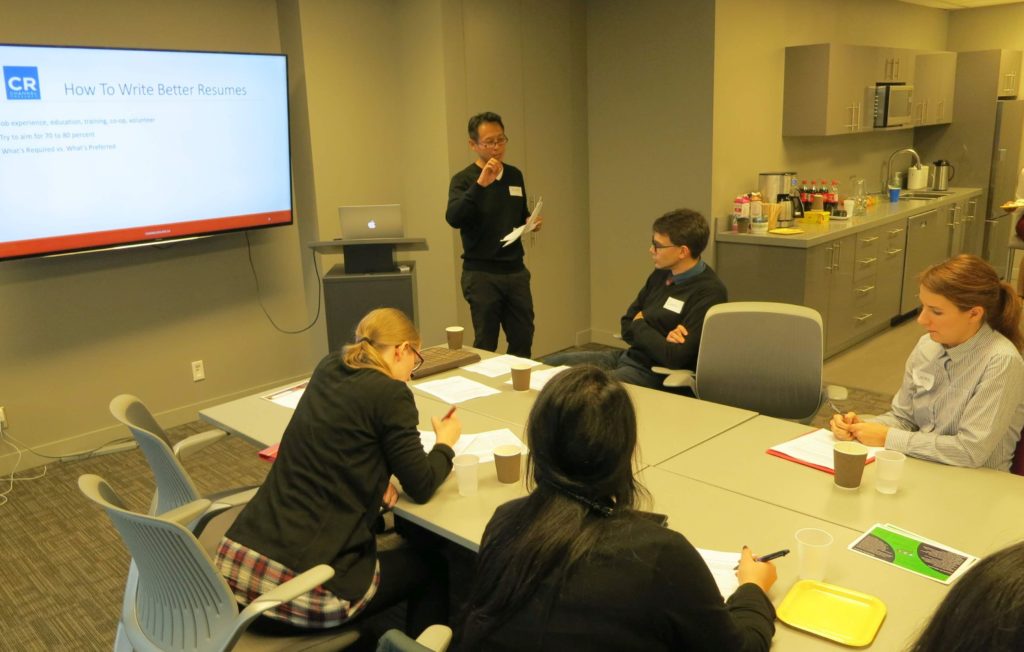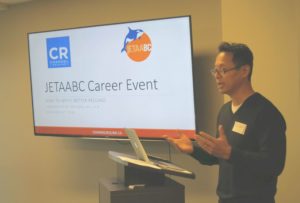
The Employment Probationary Period
Let’s say you took a job that didn’t work out. You only stayed for a few short weeks and left within the employment probation period. Are you obligated to put that employment stint into your resume’s work history?
I get why you’d want to leave it out of your resume. You don’t want your resume to get cluttered with such as a short employment term, and you don’t want your employment history to appear checkered.
Unfortunately – and to err on the side of caution – it is always better to put it in your resume. If your employer finds out this piece of employment history was deliberately left out, it could affect your credibility within your company (at best) or could be grounds for dismissal (at worst).
“To err on the side of caution, it is always better to put it in your resume.”
Do put that short employment in your resume. You can simply enter the year in which you worked at the company and leave out the months. (But make sure your other resume employment dates do not include months; this is for the sake of consistency.) To be proactive, you may even explain in your cover letter that you departed from the company during the probation period and the reason was because the company or your job role (or whatever it was) wasn’t as you expected. You don’t need to get into specifics.
I would say that the only time you could safely leave out your probation employment details is if it was so early in your career that it would no longer be relevant to the employer. In my earlier blog, I stated a few legitimate reasons why you would want to exclude earlier employment details; for example, you’ve had a change in career and are now a database programmer. What you did as a bookkeeper or building supply salesman 15 years ago may no longer be relevant your prospective employers in the IT world.
Or let’s say you took a job at Safeway or Home Depot right out of college while you were still finding your feet and trying to pay the bills. That early bit of employment history won’t be relevant now to your prospective employer if you are seeking a job as a construction project manager.
In an Ideal World
If I could have things my way, I would say that everyone should be allowed to have “free” employment stints without facing “penalties”. In an ideal world, employers wouldn’t have to go through a series of interviews to make sure they are making the right hiring decision. (Studies show that even with countless interviews, employee testing, screening for academic credentials and training, the chances of making the right hiring decision are still random.) With my idea, the threshold for hiring a new person would be lowered; a company need only have an interview or two, and a good “hunch” about the candidate. For the candidate, his only cost would be his time. If the candidate doesn’t work out, for whatever reason, both parties walk away, as if the employee had never been hired in the first place.
For the employee, this makes plenty of sense: after all, how would you really know this is the right place for you to work unless you actually step into the office and start interacting with your manager and colleagues? I talk about this in my earlier blog on how to tell if a company is the right place for you to work at.
Unfortunately, nothing is free, and there is a cost for a company every time it onboards a new employee. That new hire will have to be signed up for the company health and benefits plan, government pension plan, payroll deductions, etc. His name enters the company’s HR system and is now legally a new employee. The company begins to make investments in the new hire: he will need to be trained by the company, go to orientation sessions, and along the way, he may come across the company’s trade secrets and other confidential information.
So even if the new hire leaves the company after a month, there is a certain cost that the company absorbs. Thus, companies will still closely scrutinize and deliberate on every hiring decision it makes because it wants to avoid unnecessary costs.
What Would an Imaginative Company Do?
One thing that an innovative company might consider is bringing on that prospective hire as an “intern” for a week or two. The intern takes no pay or benefits and is never officially recorded as a new employee. The intern essentially shadows a colleague to see what the company is like to work for. The intern might be given a few tasks to perform to assess his abilities. At the end of the week, both parties will know each other much better, and are in a better position to determine whether they should proceed in consummating a formal employment contract.
To my knowledge, this has never been done and I don’t know how practicable it would be for companies to follow this practice. But companies take on interns all the time, so it’s not like they have no experience in this area. However, they may feel that confidential information or trade secrets could be compromised, especially if the “intern” is in a senior level of management. But this could be dealt with by having the intern sign a non-disclosure agreement, just like with all other new employees.
For HR or hiring managers who read this, I’d like to know your thoughts on how practicable this would be. I can definitely see the benefits: there would be less future staff turnover because both the new hire and the company know what to expect of each other; the employer wouldn’t have to expend more time and resources a year or two down the road in finding another employee because that earlier employee “didn’t work out”.
“For HR or hiring managers who read this, I’d like to know your thoughts on how practicable this would be.”
For the employee, it is as if he had never joined the company and therefore won’t need to record this stint in his work bio. For the company, it will not have incurred any cost other than bringing on an “unpaid intern” for a week or two.
You can almost call this “probation-lite”. It’s even better than probation because it’s faster, and could potentially lead to better long-term hiring results.
Have you hit a road bump in your job search? Perhaps your resume and cover letter are not as persuasive and impactful as they can be? Call me today at 604 251 3203 for a free consultation on how you can put your best foot forward in today’s competitive job market.
